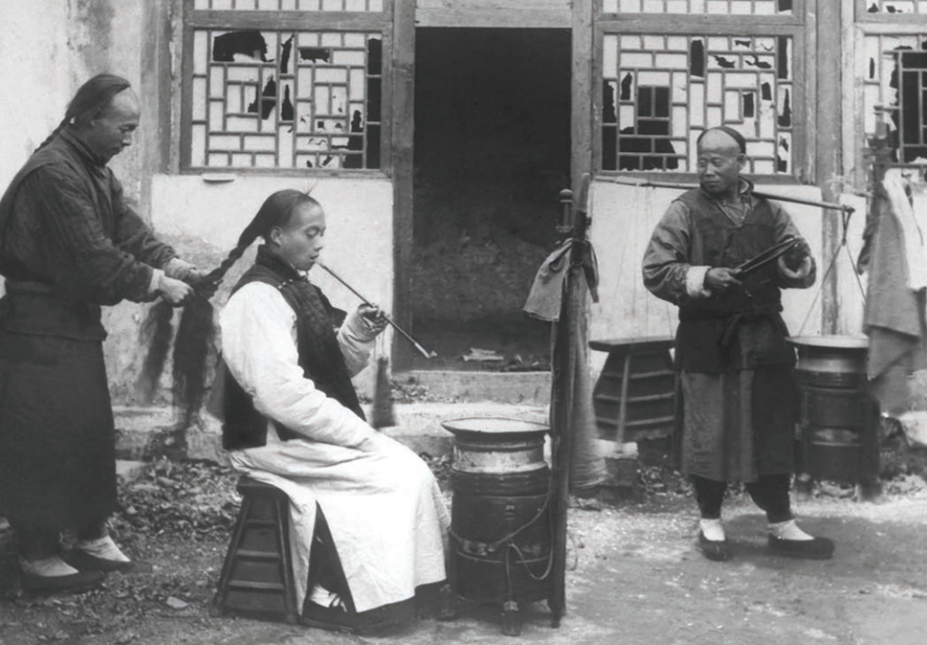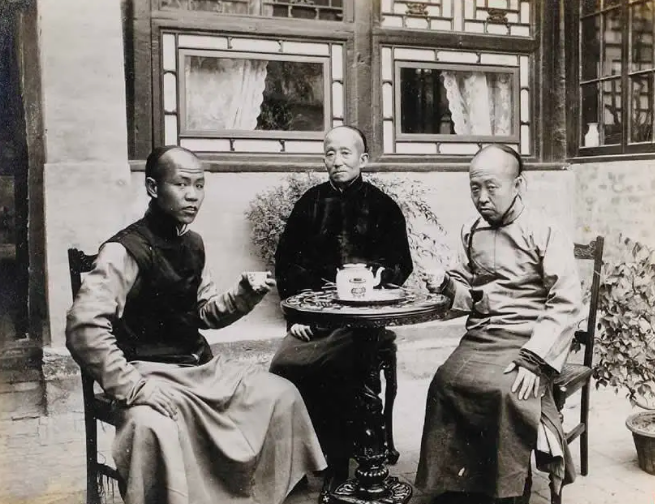The History of lazy Hutong living
People biding their time in the Hutong alleyways playing chess on the ground or attending to their birds and other hobbies is almost a caricature of life in old Beijing. But this portrayal of the capital is not all blind nostalgia - there is a historical precedent for the lazy vibe of the hutongs. In 1873, a reporter for the Illustrated London News wrote: “As the population of Pekin are mostly Government pensioners, with no trade or occupation, they are an idle people. Having nothing to do…”
The article was not an exaggeration - 150 years ago more than half of Beijing’s million strong population were in fact pensioners of the state. But what it failed to mention was that these lazy pensioners were, at least in theory, also soldiers, descendants of the Manchu army that had occupied China and Beijing in 1644.
The Manchus installed their army in the Northern part of Beijing and did not allow Chinese civilians to live among them. The Manchu soldiers were paid by the government and were not permitted to take up other occupations than their military duties. However as time passed and Beijing was no longer under military threat, the only immediate danger that they faced was boredom. The soldier families became a lazy kind of lower nobility, seriously weighing down the balance of the Imperial economy but also developing an impressive amount of hobbies to help them pass time in the dusty Hutongs.
The famous author Laoshe belonged to one of these soldier families. He wrote of his uncle who was supposed to be a commander in the Imperial army: “Although (he) was a military officer of the fourth rank, he rarely spoke of leading soldiers or fighting. When I asked him if he could ride a horse or shoot with a bow and arrow, his response was a fit of coughing, after which he steered the conversation back to bird-raising techniques… Truly, he seemed to have forgotten that he was a military officer.”
The writings of Laoshe are quite interesting, because the popular idea of old Beijing that we have today is strongly influenced by his writings on the capital. Laoshe grew up in the very last years of the Qing dynasty, so he only saw the decadence of an old system in decay. According to him, many Manchus like his aunt felt absolutely no shame in living off the government. In her mind this was only fair, because it was the sacrifice paid in Manchu blood that had prevented the Chinese empire from falling apart in the past. To Laoshe’s aunt, lazy living was, in a way, a birthright. Laoshe writes of her: “she probably thought, “what good is it being a Manchu Bannerman if you don’t buy on credit”.”
Everything changed at the start of the 20th century. When the last emperor abdicated in 1912, the government subsidies to the Manchus stopped. It was a tough transition for many of the Hutong pensioners. In his Social Survey of Beijing from 1921, American Sidney Gamble writes :”Long years of living on government bounty have unfitted most of the Manchus for earning a living, and now many of them would rather starve than go to work. Cases are known where they have been willing to sell even the bricks from their floors before they would do anything to earn money.”
Much has changed since the last emperor abdicated, but even today when you venture deep into the alleyways of Beijing it cannot be denied that a certain lazy vibe still hovers over the hutongs.
Hear more at our Zoom talk: City of Segregation on May 21.





